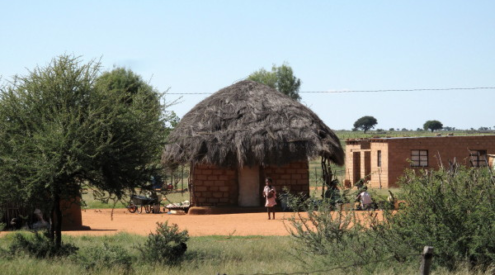Germany’s federal government agency and research institute – Robert Koch Institute (RKI) – announced that it would lift the travel ban against several countries including South Africa on January 4.

Previously, only permitted German citizens and residents were permitted to enter Germany from ‘virus variant areas’, according to Schengen Visa Info News.
All the countries on this list – Botswana, Eswatini, Lesotho, Malawi, Mozambique, Namibia, Zimbabwe, South Africa, United Kingdom and Northern Ireland – will be moved to the ‘high-risk’ list. Travellers from these countries may now enter Germany, but will be required to complete a health declaration online before arrival and are to carry the confirmation of registration with them upon entry.
Those from the high-risk areas who fail to provide the aforementioned proof are subject to a 10-day quarantine. Those who can provide proof of full vaccination or recovery from Covid-19 may leave quarantine immediately. Those who test negative for Covid-19 may end quarantine upon another test administered no earlier than on the fifth day of quarantine.
Picture: Maheshkumar Painam/Unsplash
ALSO READ















